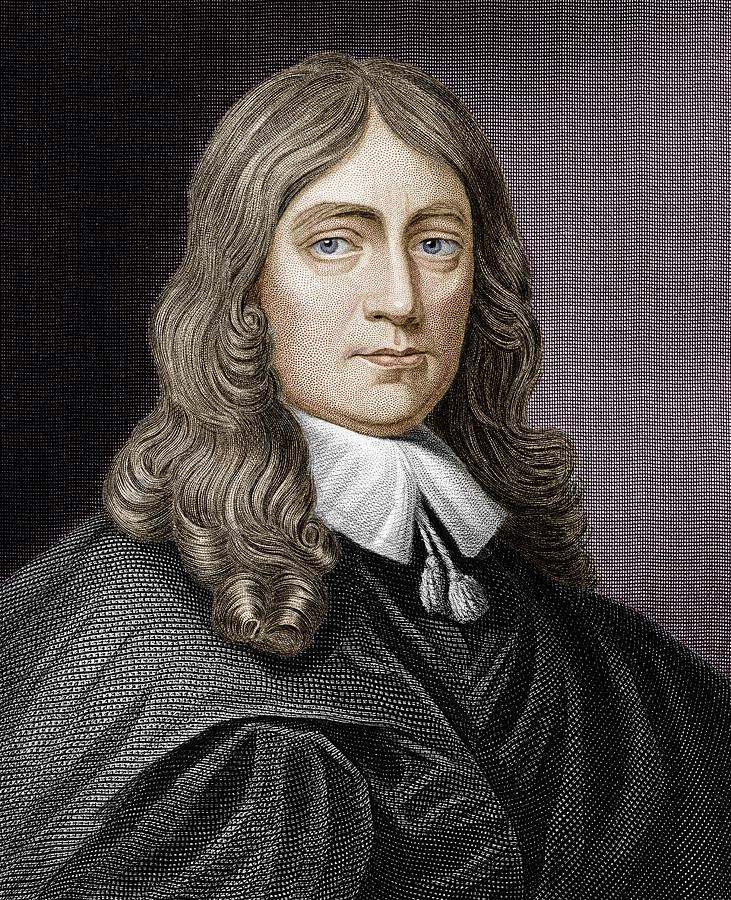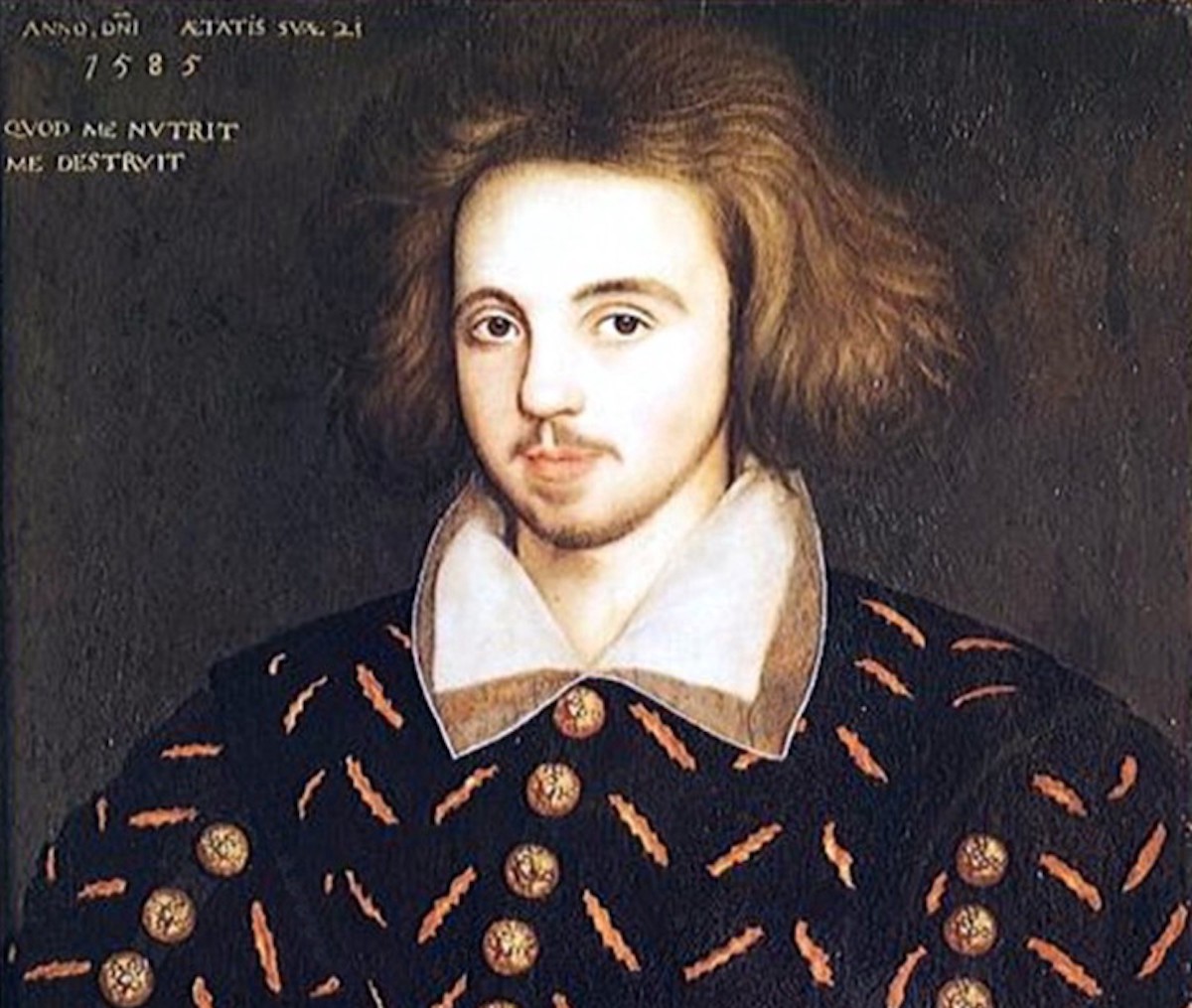John Milton
John Milton wrote during a time of religious and political upheaval. He is most well-known for Paradise Lost (1667), but also wrote other poems such as On Shakespear (1630), and his collection of 1645 Poems. Reflected in his writings are the issues and political commentary from his day, (Labriola).

Fun Fact-John Milton met Galileo in 1638. It is widely thought that Milton was impacted by Galileo’s description of the planets and space. Milton’s descriptions of heaven in Paradise Lost display this theory, (“Five Fascinating Facts about John Milton”).
The religious views of Milton impacted not only his writing, but also his view of death. With the combination of his Protestant and Christian views, Milton ultimately believed in soul sleeping. This was the belief that the soul is asleep until the final judgement. Soul sleeping would have been an odd belief for the time. He also did not believe in purgatory, meaning that in regards to death, he leaned more into the Protestant views. A combination of these views can still be seen in Paradise Lost, however.
Christopher Marlowe
Christopher Marlowe was a poet and dramatist of the Elizabethan era. He is known for his blank verse that has been compared to Shakespeare, his marvelous protagonists, and the odd circumstances surrounding his own death. The author of Dr. Faustus, Marlowe is known for his overreaching protagonists, (Leech).

Fun Fact-Christopher Marlowe’s atheism indirectly led to the death of a fellow playwright. The author of The Spanish Tragedy, Thomas Kyd, was tortured by authorities to release information about Marlowe’s lack of beliefs. Kyd died from his wounds within a year, (“Five Fascinating Facts about Christopher Marlowe”).
Marlowe was an early atheist, greatly effecting his ideas of death. He did not believe that there was anything after life, so there was nothing that he had to do in order to prepare for death. That makes his mysterious and untimely death even more interesting to examine.
While Milton and Marlowe had very conflicting ideas of death, and what makes a righteous death, there is a parallel in their two major texts. In looking at Paradise Lost and Dr. Faustus, heaven and hell, as well as God and the devil are present in both universes. These aspects impact both the art of dying and the art of living in both stories. In both universes there is also an examination for the implications of freewill. Marlowe’s lack of belief in an afterlife makes his view of the Ars moriendi clear, explaining why Faustus sides with the evil angel. He wants to get all he can during his life, and this is the best opportunity for him to have a good life:
“Now, Faustus, must thou needs be damned? And canst thou not be saved,” (Marlowe 492)?
Milton also chooses to have Adam and Eve’s freewill lead to their downfall. This was a more negative decision because of Milton’s religious views.
“Better to reign in Hell, than to serve in Heaven,” (Milton 223).
Although Milton and Marlowe had different religious backgrounds, they still had the same access to the Ars Moriendi. It had an impact on their prevalent texts and ideas.
Works Cited
“Five Fascinating Facts about Christopher Marlowe.” Interesting Literature, 14 Jan. 2019, interestingliterature.com/2016/10/07/five-fascinating-facts-about-christopher-marlowe/.
“Five Fascinating Facts about John Milton.” Interesting Literature, 14 Jan. 2019, interestingliterature.com/2016/12/23/five-fascinating-facts-about-john-milton/.
Greenblatt, Stephen, and M. H. Abrams. The Norton Anthology of English Literature. the Sixteenth Century and the Early Seventeenth Century. Norton, 2012.
Labriola, Albert C. “John Milton.” Encyclopædia Britannica, Encyclopædia Britannica, Inc., 31 Oct. 2019, www.britannica.com/biography/John-Milton.Labriola, Albert C. “John Milton.” Encyclopædia Britannica, Encyclopædia Britannica, Inc., 31 Oct. 2019, www.britannica.com/biography/John-Milton.
Leech, Clifford. “Christopher Marlowe.” Encyclopædia Britannica, Encyclopædia Britannica, Inc., 21 Nov. 2019, www.britannica.com/biography/Christopher-Marlowe.